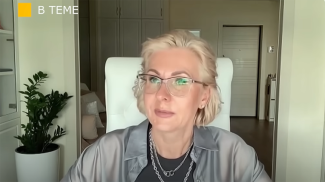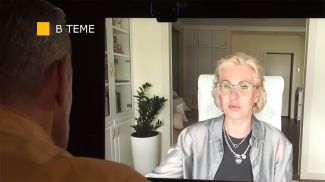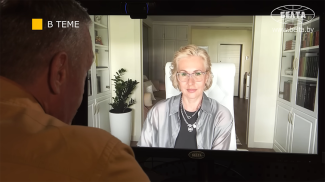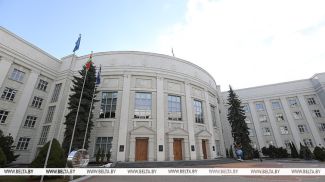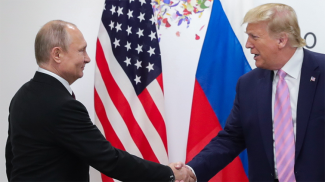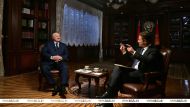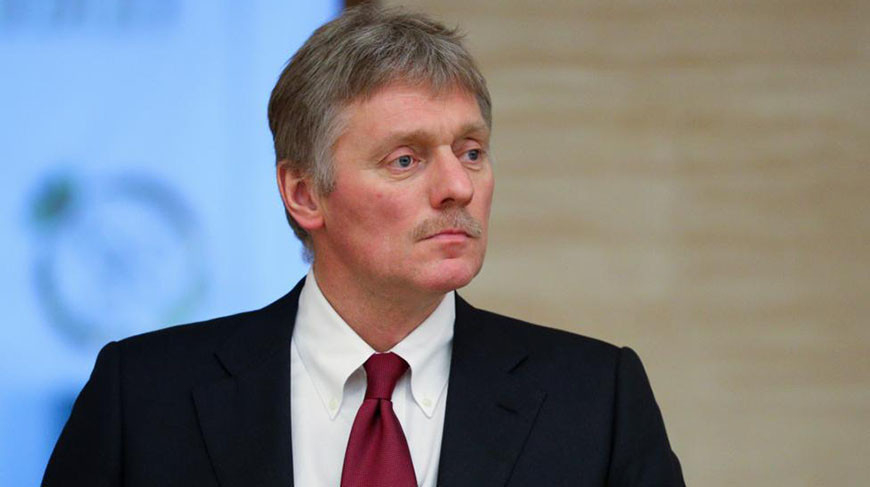
Dmitry Peskov. Photo courtesy of TASS
MINSK, 11 January (BelTA) - The United States will have to face serious consequences if Russia's assets are confiscated, the Russian president's spokesman Dmitry Peskov said, RIA Novosti has reported.
"This is a very provocative statement. It announces the possibility of illegal actions against our property, our assets. This cannot but have profound consequences," Dmitry Peskov commented on the recent Bloomberg article about the White House’s support for legislation aimed at confiscating Russian frozen assets.
Dmitry Peskov said that he White House's supposed support for the seizure of Russian assets is a step towards undermining the U.S. international financial authority and the confidence of international investors in the country.
According to him, the United States is trying to put pressure on Europe. “There is a very paradoxical situation here because the main body of our assets is in Europe and not in the United States,” he noted. "As always, the U.S. wants to encourage Europe to take illegal actions. Europeans will inevitably face such consequences as losses, fines and legal effect if they follow the United States," the spokesman said.
Dmitry Peskov added that Washington had not informed Moscow of the U.S. administration's support for such a decision. Moscow has almost no contact with Washington.
Previously, the Bloomberg News quoted a memo from the U.S. National Security Council. It said that U.S. President Joe Biden's administration backed legislation that would let it seize Russian assets frozen in the West. "The bill would provide the authority needed for the executive branch to seize Russian sovereign assets for the benefit of Ukraine," Bloomberg cited a quote from the memo. The article reported that Biden’s support for the move emerged as Republicans in Congress blocked a new aid package for Ukraine.
According to Washington Post columnist Josh Rogin, the U.S. administration will not be able to implement a scheme to use blocked Russian assets to help Ukraine without the consent of European countries, and there is no consensus among them on this issue.




